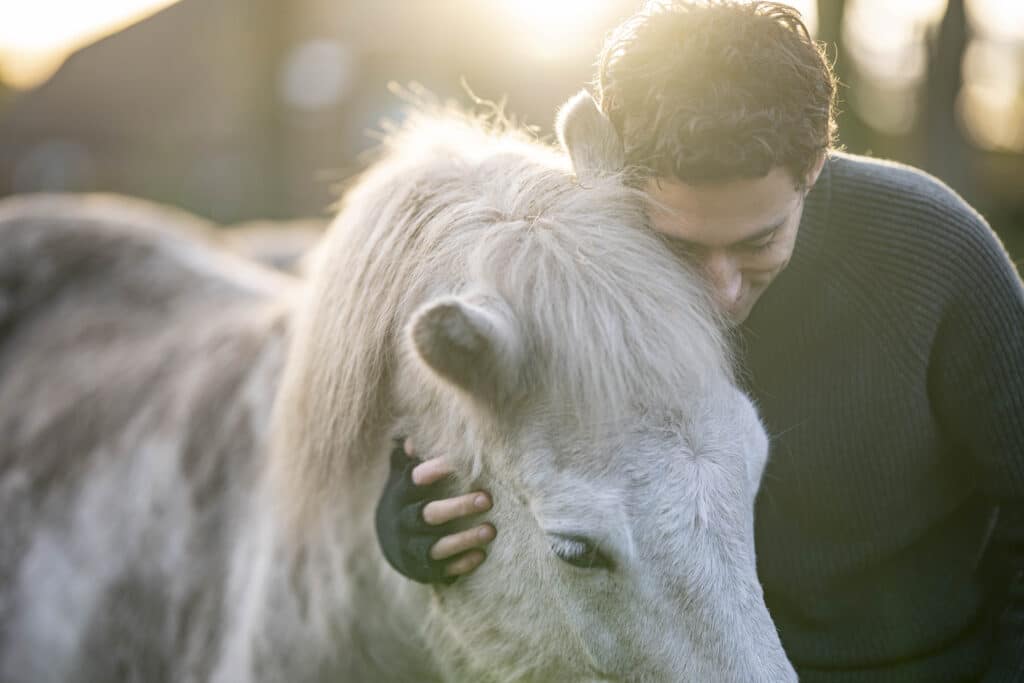About the Artist
Can you describe the importance of music in your life?
When you spend time with music, day in day out, you can almost start ‘think’ in music. As if it is a language. Music also creates wonderful memories on so many levels. These musical memories can be abstract but they also connect to places, people, events and periods of my life. The very first notes of the Flying Dutchman by Wagner belong to my first musical memories from my childhood, whereas sonatas by Schubert or the b-minor sonata by Liszt resonate on a more abstract level.
You have a passion for nature and animals. How would you describe the connection between that passion and your life as an artist?
There is a very strong connection between music and nature. A conscious way of breathing for example is essential in both horse riding and piano playing. With the horse you feel an instant connection when you breathe the right way and the horse will feel it instantly as well. It works almost like a mirror and I think it’s same for playing the piano. Nature is a pure ‘state of being’ which cannot be manipulated. When I’m in nature I try to surrender to that. Music demands exactly the same.
How can your pianism be described?
You always strive for the listener to hear and feel your artistic intentions. It is wonderful and inspiring to speak with the audience after a concert and hear about their favorite piece, their impressions and and their experiences. I also often talk about different pianistic interpretations with my mother and with my friends. The way they talk about music inspires me to keep listening with fresh ears. My playing is described as sensitive, expressive and with depth. I often hear that my sound is very recognizable. The press has a similar description of my playing for which I’m very grateful.
It is unusual for a pianist to have such a bond with the music of Wagner. What makes his music so special?
As a pianist you have no boundaries. If you do it well you can play anything on the piano and that is why I love my instrument so much. From that perspective I started looking for piano transcriptions of Wagners work. His music is overwhelming in so many ways. It has such an intense quality that speaks to me as if I have known it all my life. Tristan und Isolde is for me the greatest piece ever written. The final scene, Isolde’s Liebestod expresses in many ways the core of my musicianship.
Besides the piano you also write. How would you describe is the connection between music and language?
The true expression of music will always be music itself, but there is a strong alliance between language and music. While writing I experience that a subtle dialogue between words and sound exists which can be a gateway to deeper layers.
What are your goals as a musician for the future?
There is still so much music to play and to discover from all era’s. I’m really looking forward to dive into new repertoire, to play music by composers of today and to play chambermusic with many great colleagues in beautiful places. I learn a lot about myself and others through music.
